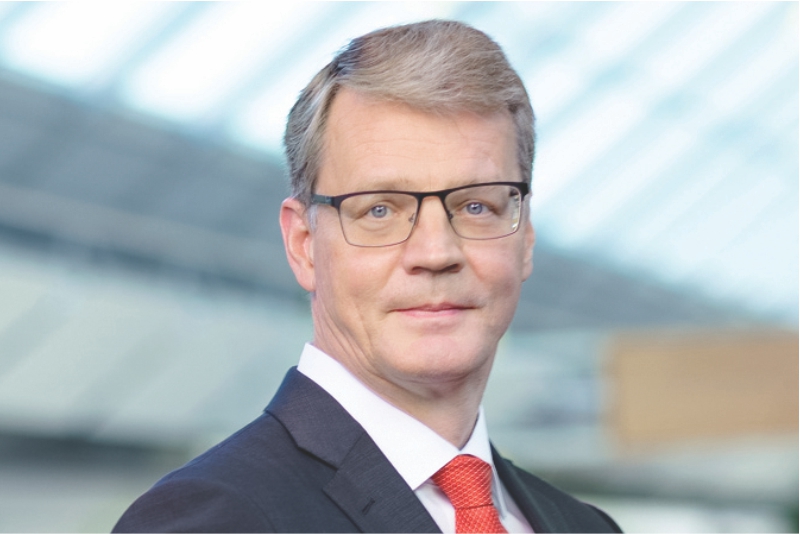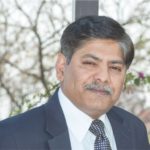Mr. Pasi Laine will be appearing on the CEO Discussion Panel at the World Bioeconomy Forum (WCBEF) virtual event to be broadcast live from Ruka, Finland on 10th September 2020. Mr. Laine spoke to the WCBEF about Valmet’s role in the circular bioeconomy as well as operating in a post COVID-19 world.

Q. How important is the circular bioeconomy to your business and the industries you serve, and do you have a specific, inclusive, bioeconomy strategy for the future for the company you lead?
Valmet’s mission is “converting renewable resources into sustainable results”. Our strategy is to develop and supply competitive process technology, services and automation to the pulp, paper and energy industries. It would be fair to say that circular bioeconomy is at the core of our operations, as well as that of our customers. Therefore, we do not have a separate bioeconomy strategy in the company, as the bioeconomy already has such a central role in everything we do. But, going beyond that, we also believe in resource efficiency and protection of the environment. For this reason, we aim to develop technologies and solutions that enable our customers to minimize water, energy and chemicals use, and to minimize emissions. We want to be a part of the solution to meeting climate and biodiversity goals of the future.
Q. Do you see the circular bioeconomy as having an important role in the post Covid-19 world?
Yes, absolutely. We are happy to see that green recovery is part of many regions’ responses on how to build growth after the pandemic. This is a great opportunity to accelerate the pace of changes anyhow needed in our societies, and the possibility to create growth, jobs and investment in the circular bioeconomy sector. For example, in the EU, the Commission’s recovery strategy is based on the European Green Deal – a growth strategy where the circular economy, bioeconomy, renewable energies and agriculture pay a central role.
The pandemic has created an unprecedented situation for people and the economy, but it is important to keep an eye on the large long-term challenges that need tackling. In the coming decade, the world needs to shift into a new gear for implementing solutions to mitigate and adapt to climate change, in line with the Paris agreement. The UN has also declared the coming decade a Decade on Ecosystem Restoration. The bioeconomy sector can and should have an important and constructive role in finding the sound and sustainable solutions for these challenges.
Q. The World Bioeconomy Forum has a diverse range of high-level speakers and panelists, what are you hoping to achieve by taking part in the event, and what are your hopes for the future of the circular bioeconomy?
We do not have all the solutions for the future. Therefore, discussion and dialogue between different stakeholders is needed, and the Forum provides a good platform for this. To put it short, I’m looking for a lively discussion that can challenge possible presumptions and help the sector with making the roadmap to the future clearer.



